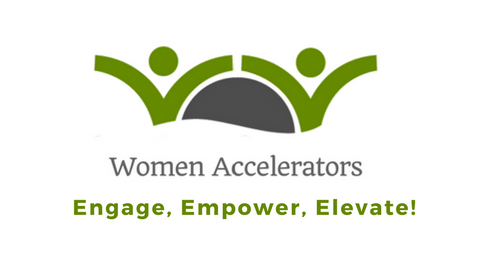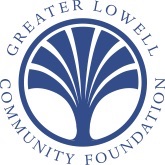Although there are so many aspects of women in Africa that we should discuss, I wanted to take this opportunity to discuss an amazing African women who is now gaining the ears of Westerners with her latest book: Winner Takes All. Dambisa Moyo [dambisamoyo.com].
Dambisa is a women after my own heart. Born and raised in Lusaka, Zambia [https://maps.google.com/maps?q=lusaka+zambia+map&ie=UTF-8&hq=&hnear=0x1940f37d3cbcaa49:0xd0d093c1462013eb,Lusaka,+Zambia&gl=us&ei=eFsyUIaEC-Hw0gGx04GwBQ&ved=0CAkQ8gEwAA] she paved her way with an extraordinary education spanning the US and the UK.
Dambisa has authored several books including “Dead Aid” and more recently “Winner Takes All.” Dead Aid focuses on how external aid efforts are affecting African economics and how we could be inhibiting African growth through our “humanitarian efforts.” Winner Takes All offers a compelling look at how China is slowly but surely buying rights to an extensive amount of commodities. This will allow for a stronger hold by China on our entire world.
Africa is an important place for everyone — the amount of natural resources that remain untapped on the continent are vast, maybe even perhaps greater than we can envision today. It is important that we as Americans understand what is at stake and take steps to empower the native people in a way that helps everyone (think the Tragedy of the Commons: http://www-personal.umich.edu/~rdeyoung/tragedy.html) — and perhaps if we don’t China will end up pushing everyone – native or otherwise – out of the way and will ultimately land too much control.
Thanks to a great African woman — the world now can have a clearer vision of what is at stake for our global economy.
Comment from Dr. Martin Samuels:
Speaking of Ellen Sirleaf, there was an incredible women’s movement, uniting both Christian and Muslim women, that helped lead to Charles Taylor’s ousting in Liberia. Leymah Gbowee led an abstinence movement (“No peace, no sex”) despite incredible odds and threats of violence. I first heard about it on Bill Moyers’ Journal: http://www.pbs.org/moyers/

